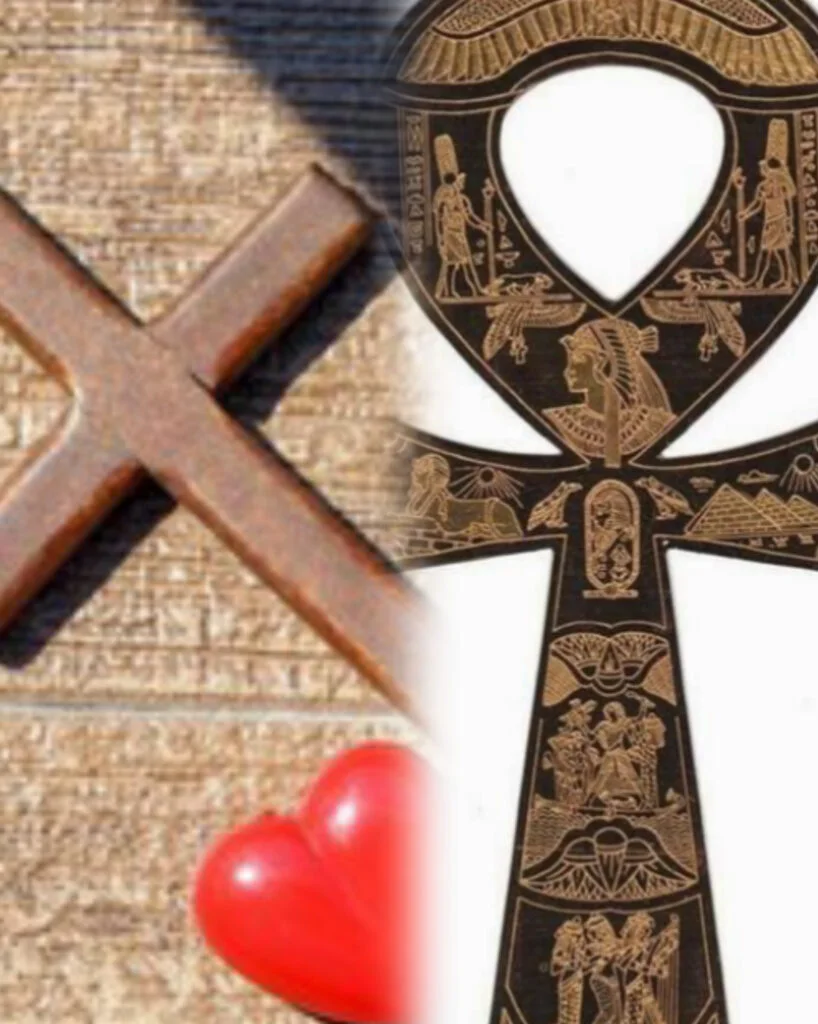“In ancient times God spoke to us through prophets and in varied ways; but now He speaks through Christ His Son, His radiance through eternal days” (Hebrews 1:1–2).
Whenever I sing this hymn, credited to the Benedictine nuns of Stanbrook, as I did this morning, I am always confronted by one profound truth: That the obsession among modern African Christians with the sins of our forefathers could signal one of the most ungrateful gestures toward our forebears.
Instead of focusing on our own sin – which is more gracious, we may end up accusing innocent people for faults that are ours.
This hymn reminds us that our culture, values, and African traditional religions were, although lacking perfection, the ways our ancestors sought to approach God. And they were from God Himself – for their time. They knew there was a Supreme Being, but thought He was far from them, much like those whom Paul described at the Areopagus—men who worshipped an unknown God (Acts 17:22–23). Paul explained that this “unknown God” was not distant, but the very One “in whom we live and move and have our being” (Acts 17:27–28).
In the same way, Christ has not come to destroy the truths hidden within our ancestral religions, but to purify and fulfill them. As He Himself said, “Do not think that I have come to abolish the Law or the Prophets; I have not come to abolish them but to fulfill them” (Matthew 5:17).
Through His incarnation, “the Word became flesh and made His dwelling among us” (John 1:14), and in Him “the fullness of God was pleased to dwell, and through Him to reconcile all things to Himself” (Colossians 1:19–20).
Christ, the true image of the invisible God (Colossians 1:15), makes God present once again among men, as in the time of Adam and Eve—a grace that was blurred by the sin of our first parents (Genesis 3:23–24; Romans 5:12). His coming restores that lost communion, enabling humanity to walk once more in the light of divine friendship.
So, before you go to your village and begin to tag everything about our culture, history, and traditional religion as evil, pause a little. See that these traditions may hold values and morals that can enrich our Christian faith—making it more profound, more understandable, and more rooted in the soil of our people.
For grace does not destroy nature; it perfects it.
Fr Augustine Ikenna Anwuchie is a Catholic missionary priest based in Niger Republic.



























